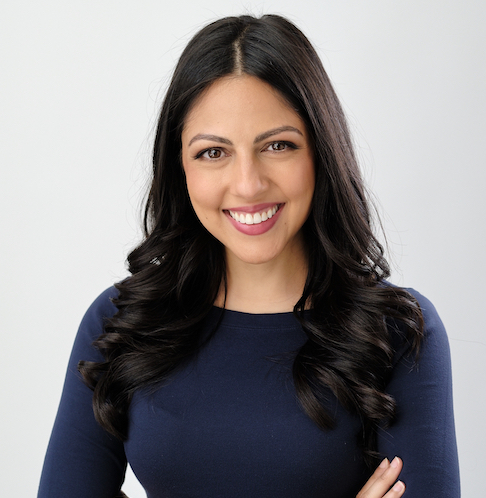“The unique combination of experience you collect creates a competitive advantage that is difficult for others to replicate.” HBS graduate Joy Batra explains why MBAs shouldn’t be puzzled by those who opt to freelance
An imaginary countdown clock begins each time I meet someone new. After sharing my name and, perhaps, where I’m from, I know it’s only a matter of time before they ask the question I sometimes long for but occasionally dread: “What do you do?”
How I answer shapes the rest of our interaction and, as a freelancer, there are many possible answers I could give. I sometimes reply that I’m a Bollywood actress turned crypto lawyer. On other occasions, I say I’m an MBA who freelances. Whichever answer I choose reveals what I have in common with the person asking and also highlights our differences.
The obsession with this loaded question is often traced back to the Protestant work ethic in the West, which prized diligence, thriftiness, and efficiency in one’s work. But this focus on people’s professions is not a uniquely Western phenomenon. In India, an entire caste system developed to classify people according to their occupation. In China, the notion of ‘996’ dominated many companies, whose employees were expected to work from 9am to 9pm six days a week. Though both the caste system and 996 are now illegal, their legacy lives on. Across the globe, hustle culture continues to dominate as high-powered suits compete over who is more sleep-deprived.
The competitive advantage of freelancing
When you have little respite from what you do, your occupation can easily be confused with who you are as a person. The question implied is haunting: “Without a job title, do you even exist?”
MBAs are occasionally puzzled by my choice to freelance instead of trying to become a titan of industry. They sometimes wonder whether it really was a ‘choice’ since, as a freelancer, I have no simple job title. That bothered me at first, but after nearly a decade of carving out an independent career, I now believe that all MBAs should incorporate some element of freelancing into their careers – for reasons both professional and deeply personal.
Financially, freelancing can be wise risk management. Having multiple projects not only adds additional sources of income but also allows you to diversify your experience so that you can weather the collapse of any one industry, company, or role. It is much harder to have your livelihood taken away from you when you have a variety of professional skills, contacts and income streams.
Freelancing also creates upside. Your professional identity, when powered by freelancing, becomes greater than any single job title, which means it can turbocharge your growth. By simultaneously learning from different clients or industries, you accelerate your expertise both within and across domains – like an ongoing MBA without the tuition expense. The unique combination of experience you collect creates a competitive advantage that is difficult for others to replicate.
The freelance mindset
This mental shift can be a psychological tonic. When you think bigger than the story we’ve all been told about career success – that nine-to-five jobs are the only path to both safety and social status – you arrive at the most exciting stage of your freelancing journey: the death of your old identity and the rebirth of a new one.
With a freelance mindset, you can create an identity that is larger than any one job title. When you separate what you do from who you are, you can better navigate the low moments in your career. You’ll find you take bad outcomes less personally and become more open to helpful feedback. You also gain a sense of expansion, because the portfolio nature of your careers lets you take calculated risks. These risks could include moving towards roles with better pay and responsibility or tapping into less lucrative (but more energising) interests.
What is my favourite benefit of bringing a freelance mindset to my own career? By taking my professional identity into my own hands, I get a chance to turn that omnipresent question, “what do you do?” on its head, creating space for richer, more empowering connections with each person I meet.
Joy Batra is head of legal at Syndicate and founder of Quartz Consulting, a freelance consulting firm that has advised startups, venture capital firms and Fortune 500 companies. She is also a JD/MBA graduate of Harvard Business School and the author of The Freelance Mindset (March 2023).
AMBA members can enjoy a 30% discount off a copy of The Freelance Mindset, courtesy of the AMBA Book Club. Click here for more details.




